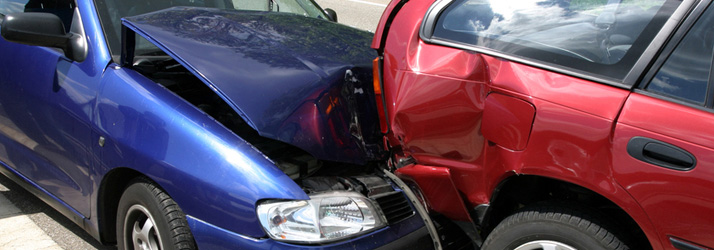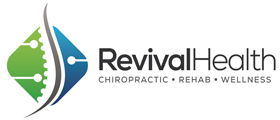Whiplash Injuries

What is a Whiplash Injury?
Whiplash, also called neck sprain or neck strain, is an injury to the soft tissues of the neck. Whiplash injuries occur in sports where a forceful impact (commonly from behind) causes an athlete's head and neck to snap forward and back in an abrupt, violent motion. It is commonly seen in car accidents, but some contact sports, such as football, can lead to whiplash injuries. The sudden force stretches and tears the muscles and tendons in your neck. This causes movement of the structures within the neck changing the normal curve of the upper back and neck. The sudden backward movement (extension) and forward movement (flexion) can cause the joints of the neck to be injured and can also cause the muscles and ligaments of the neck and upper back to be over-stretched. The neck is particularly vulnerable to this type of injury because of its ability to move in many directions.
Symptoms of Whiplash
The primary symptom of whiplash is neck or upper back pain. The pain can start immediately or develop days, weeks, or sometimes even months later. Symptoms can vary widely among individuals. Some may only suffer minor discomfort while others experience one or more of the following:
- Tightness or spasms of the muscles the neck or upper back
- Pain with movement of the neck, headache and dizziness (symptoms of a concussion)
- Abnormal sensations such as burning or tingling
- Shoulder pain
- Upper back pain
Severe whiplash can also include injury to the intervertebral joints, discs, ligaments, cervical muscles and nerve of the neck or upper back. Fortunately, with time, the vast majority of people who have had a whiplash injury fully recover.
How Whiplash is Diagnosed?
Even if your neck pain is only mild, you should be examined by a health professional such as a Chiropractor as soon as possible. X-rays may be done to rule out any bone fractures. A CT scan or MRI may also be done if there is concern you have a herniated disc or significant ligament injury. These tests are better able to identify soft tissue injuries than plain radiographs.
Treatment Options
Most cases of whiplash are treated using conservative methods such as:
- Encouraging the patient to remain as active as possible.
- A cervical collar should be used for only a very short period of time (less than a week). Ice or heat can be used to control pain, muscle spasm, and inflammation.
- A course of spinal manipulation or mobilization can help in restoring normal positioning of the muscles and joints.
- Chiropractic and/or Physical therapy helps to increase circulation, restore range of motion, and promote healing.
- The use of modalities such as ultrasound and electrical stimulation should only be used in the early stages of treatment to reduce pain and assist in getting an active therapy program started.
Prevention Tips
Since most cases of whiplash occur as a result of rear-end car crashes, the best way to protect yourself on the road is to wear your seat belt correctly and on every ride. Also, make sure the headrest in your vehicle is not too low and avoid driving in an overly reclined position.
For Athletes and Sports Enthusiasts if you participate in sports (especially contact sports), make sure you wear appropriate equipment and always use good technique to avoid neck injuries.
While it may be impossible to avoid some injuries, maintaining good overall health can help speed recovery if one occurs. This includes getting regular exercise, eating healthy foods, and not smoking. If you are experiencing neck or upper back pain, visit us at SHC for a complete evaluation.
Reference
Malanga, G., MD. (n.d.). Whiplash: 5 Things You Should Know. Retrieved from https://www.spineuniverse.com/conditions/whiplash/whiplash-5-things-you-should-know
OFFICE HOURS
Monday
9:00am - 6:00pm
Tuesday
2:00pm - 6:30pm
Wednesday
9:00am - 6:00pm
Thursday
2:00pm - 6:30pm
Friday
9:00am - 2:00pm
Saturday
Closed
Revival Health
9 Post Road Suite D3
Oakland, NJ 07436
Phone: (201) 485-7518
Fax: (201) 485-7517



